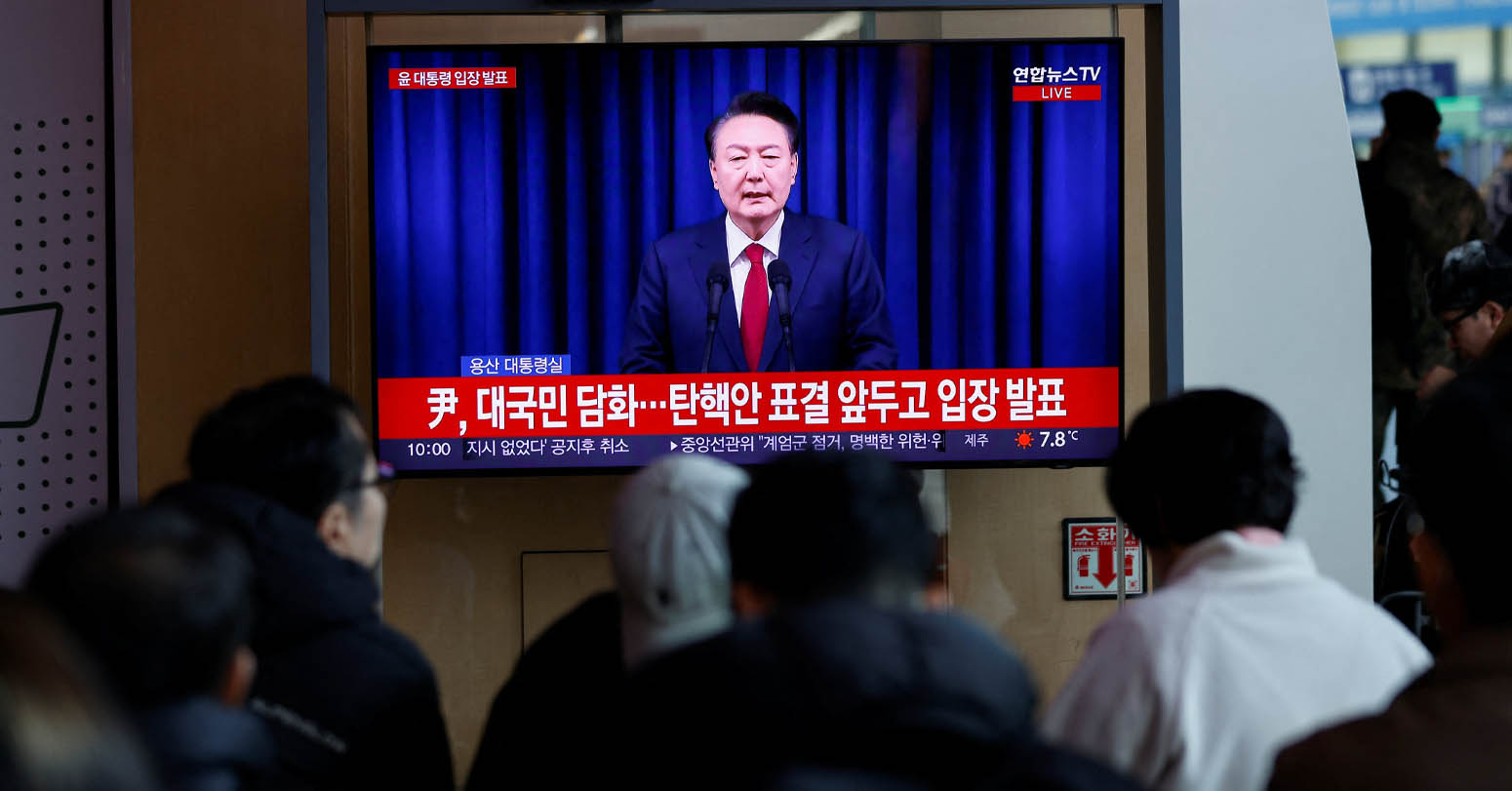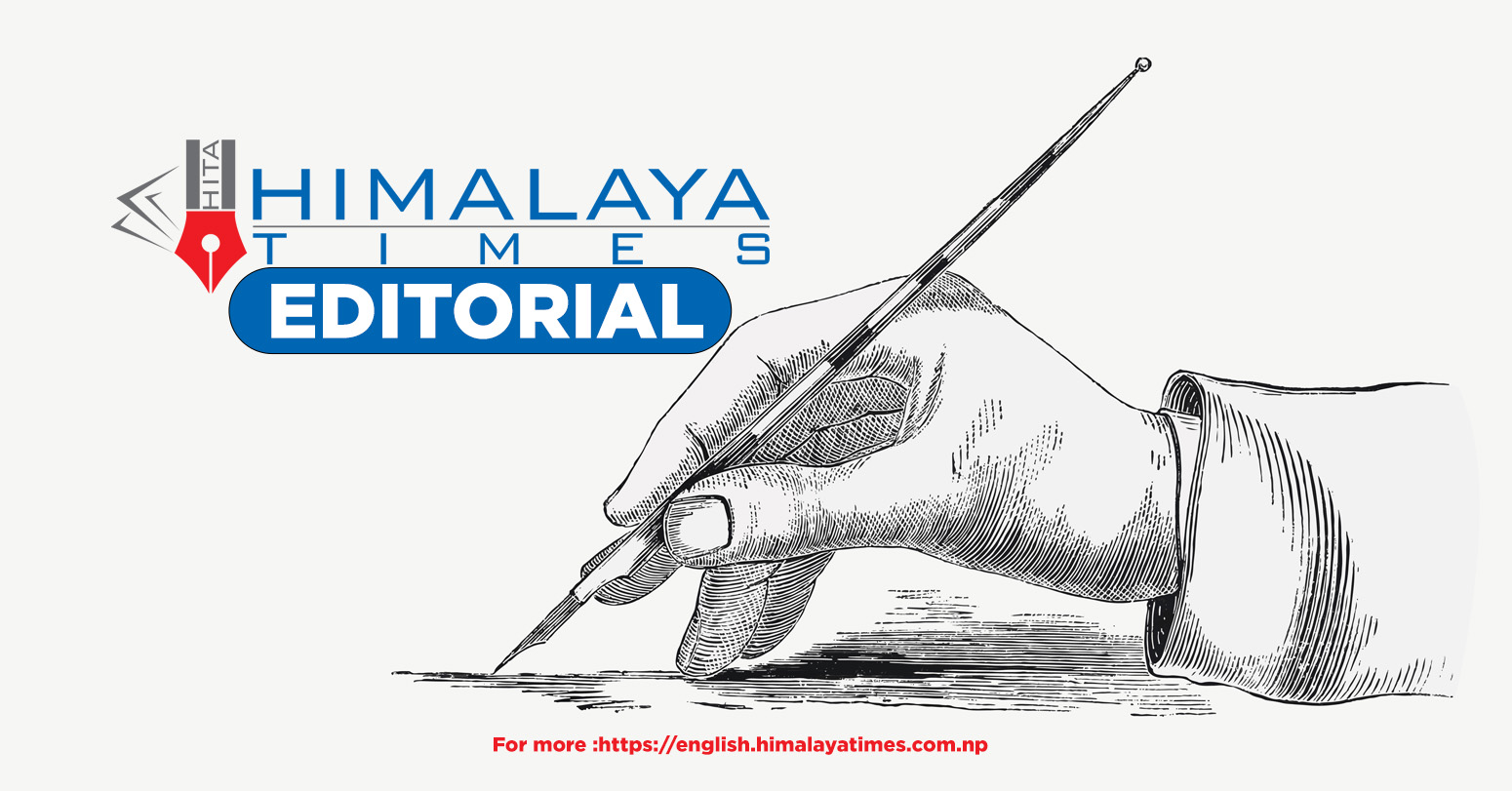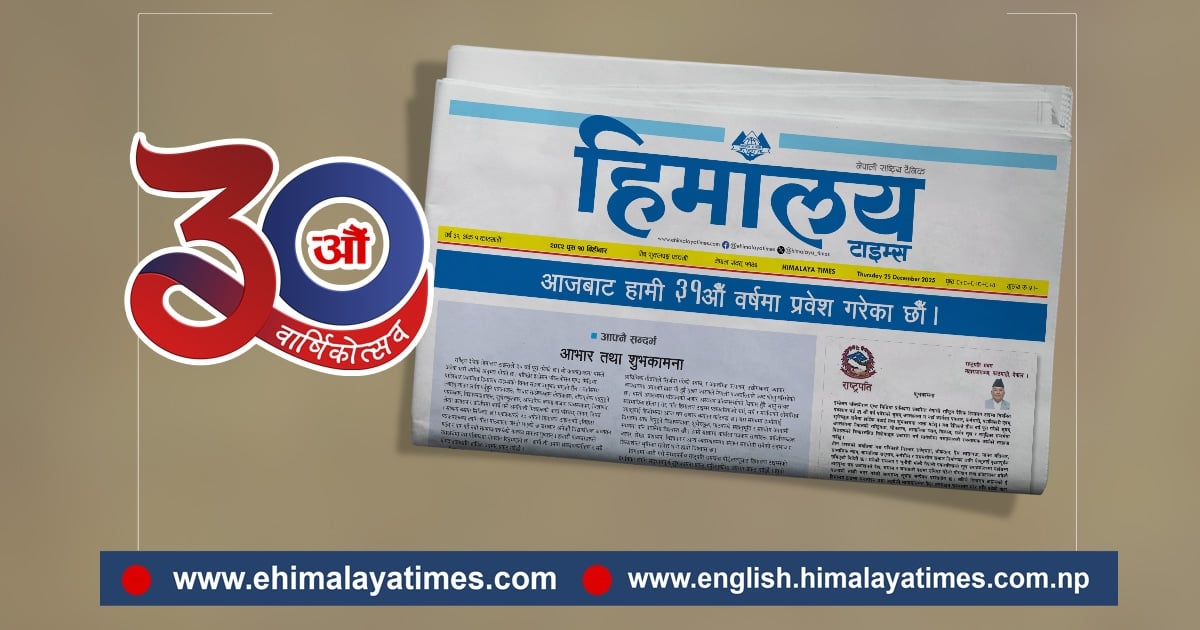The heads of state and government of member countries, including Nepal, have assembled in Kampala, Uganda's capital, in a bid to revitalize the club of non-aligned nations, which has existed for 6 decades. The extent to which the sluggish movement will impact the international order built by today's ruthless politics will be known only after the two-day meeting ends. When President Tito of Yugoslavia, Indian Prime Minister Nehru, Sukarno of Indonesia, and President Nasser of Egypt sought to develop the notion of non-alignment, the Cold War between the Soviet Union and the United States was at its peak. The Soviet Union was absorbed in propagating communist oppression to the world's poorest countries, whilst the United States was involved in anti-Soviet groups in order to increase its influence and promote freedom.
From 1939 to 1945, America and Soviet Russia competed for dominance based on the human and material losses incurred by the World War. The growth of regional powers was not unusual. Britain, France, and, in terms of population and industrial growth, India and China were emerging. The partition of Germany, ongoing Russian engagement in Eastern Europe, the war and division of the Korean Peninsula, and American intervention and division in Vietnam made the rest of the world wary. The emergence of these two's military alliances, NATO and Warsaw, inevitably led to the birth of the non-aligned movement at the Calgary Summit in 1961, with the idea of not being a part of NATO and Barca's military camp when other minor nations had to pick an alternative for their security.
It is documented that Nepal made the Non-Aligned Movement the primary basis for foreign policy and played a good role by taking authority during the parliamentary period, the reign of King Mahendra, and eventually the reign of King Birendra. In 2032 B.S., Nepal's then-King Birendra requested to the international community that Nepal be designated as a zone of peace based on non-aligned status. However, with the 2046 movement, the topic of the peace zone remained secondary. The Non-Aligned Movement includes more than 120 nations, and its objective is straightforward in theory. However, the fundamentals of this movement, based on belief in the United Nations Charter, appears to be weakened with time.
The influence of nations adjacent to the Soviet Union, on the one hand, and the tainted air of American influence, on the other, have rendered the unaffiliated movement entirely inert. Following the breakup of the Soviet Union in 1990, there was no rivalry among the world's superpowers. In a sense, the bipolar international system deteriorated and became unipolar. However, in the last three decades, the global system has grown multipolar. The likelihood of several military partnerships has grown. Furthermore, contrary to one nation's stance of not interfering in the internal affairs of another member state, such intervention continues in countries across the world that have had the chance. Now the globe is in a dreadful state of conflict. The League of Nations, which collapsed before World War II, evolved into the modern United Nations. There are several issues to address, including the Russian attack on Ukraine, the Syria situation, the ongoing Israeli operation against Hamas and the killing of innocent people, the events in Sudan and Yemen, ethnic cleansing in Burma, and Iran's recent strike on Pakistan. The United Nations has not demonstrated the competence to diagnose them. But it resembles an observer.
The 19th summit is being convened, with the issues of such a hostile global order at the forefront. Prime Minister Pushpa Kamal Dahal represents Nepal at the meeting. While departing Nepal for Kampala, Prime Minister Dahal stated that Nepal will not join any military coalition under any circumstances.
Because Nepal is also affected by the geopolitical environment, it must stay completely committed to the Panchsheel principle, which is internationally acknowledged in favor of small nations and against any military alliance. Instead of bearing the weight of the interests of its significant neighbors, Nepal must rely on the power of the non-aligned movement and even the United Nations to safeguard its independence and sovereignty. Because of the power of these two international organizations, the international reputation of small nations is certain to be safeguarded. Big powerful nations are putting their strength to the test by leveraging the geography of smaller nations.America is being tested in Israel, while Russia is testing its strength in Ukraine. China and India are consolidating power. When, how, and from what direction will these two massive nations put their strength to the test? It must be doubted. Even if we understand the history of countries ripped apart by internal conflicts, we must always be skeptical.Nepal must emphasize its non-interference policy, maintain a strict adherence to the Panchsheel principle.
This is our hope and request for the 19th summit: to revitalize the non-aligned movement known as the club of underdeveloped and underprivileged countries, that is drained, inactive, and even losing credibility.








Middle-aged man spends millions to
Dr. Dharam Raj Upadhyay: Man
Children, Greatest Victims Of Sudan’s
Breathing The Unbreathable Air
Comprehensive Data Protection Law Critically
Gender Differences In Mental Healthcare